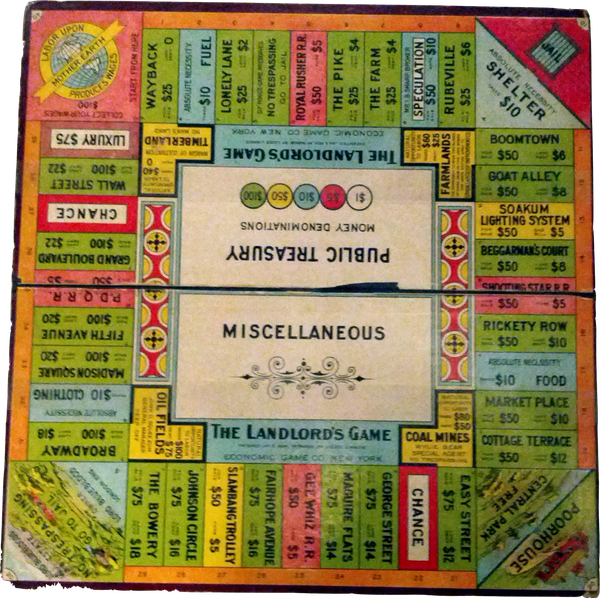The Gist: In Want of a Miracle
We can only speak from the perspective of who we are and what our experience has taught us. This is the Gist.

This week sees one news story dwarf almost everything else. The attacks on people in Israel by Hamas and the subsequent declaration of a “war” by Israel’s government are a human disaster and hugely politically consequential. They are also events I feel almost completely unqualified to discuss.
Ireland, almost as an accident of history, has a longstanding state sympathy for the people living in the occupied territories. This official policy is largely reflective of public opinion. This has generally not been welcomed by successive governments of Israel. The strength of expression of that unhappiness waxes and wanes according to the willingness of any particular government to accept a foreign nation may be both friendly and critical.
Ireland is also the only Western European country to have been the birthplace of a President of Israel. This is not the irrelevant relationship Ireland’s size suggests.
Similarly, Ireland has the painful lived experience of an intractable violent conflict in a confined physical geography between mutually antagonistic groups. The rituals of condemnations and binaries of identity demanding that neighbours be considered enemies, loom large still. The power of grief and graves and hate to warp and destroy society and humanity are painfully familiar. Grotesque violence begetting and amplifying the same cycle again, the gyre encircling wider and wider.
Oh we know it. The political power those emotions can generate can galvanise failing careers and build local empires. The live wire of trauma has to be stripped bare regularly to really make that current flow. There is no extra power generated in a settled system. The slow, flawed, dull work of trying to build something that can one day be considered peace can never deliver the same jolt as revenge, retaliation, lashing out against a dehumanised other.
The darkness below
Last week, I cycled up to the World Trade Center Memorial, and looked down into a hole marking the footprint of an absent tower. The United States suffered that unprecedented terrorist attack and reacted by declaring a War on Terror. An Iraq and Afghanistan later, would it react the same way?
In the middle of the rectangular absence of the memorial is a second pit, the water falling from the names of the dead around the edges just leading to deeper darknesses below.
The United States has a talent for national monuments. It is hard to imagine a more appropriate representation of the dynamics of terrorism than an absence leading to darkness, surrounded by the living memory of the dead.
Peace doesn’t happen when those lists of names get long enough. Justice isn’t retaliation, or revenge against people who look or sound like the people who have harmed you. But how long were those bromides said here before they took root? How many times did John Hume deliver his Single Transferable Speech before it was heard by enough people enough times?
Ireland- it is said- is a post conflict society. We are still carrying the traumas of that conflict with us. I think there is more weight to the meaning of that than we give it credit. We haven’t really put our recent past behind us.
But it also means that we have come through a conflict. It’s not gone, and we know it is possible to slip back again. But we know the drives and rituals of the cycle of violence and hate, like a recovered addict can look back at their own behaviours and experiences and then see them repeating for others.
Here’s Patrick Kielty, who lost his father as a child to that cycle:



